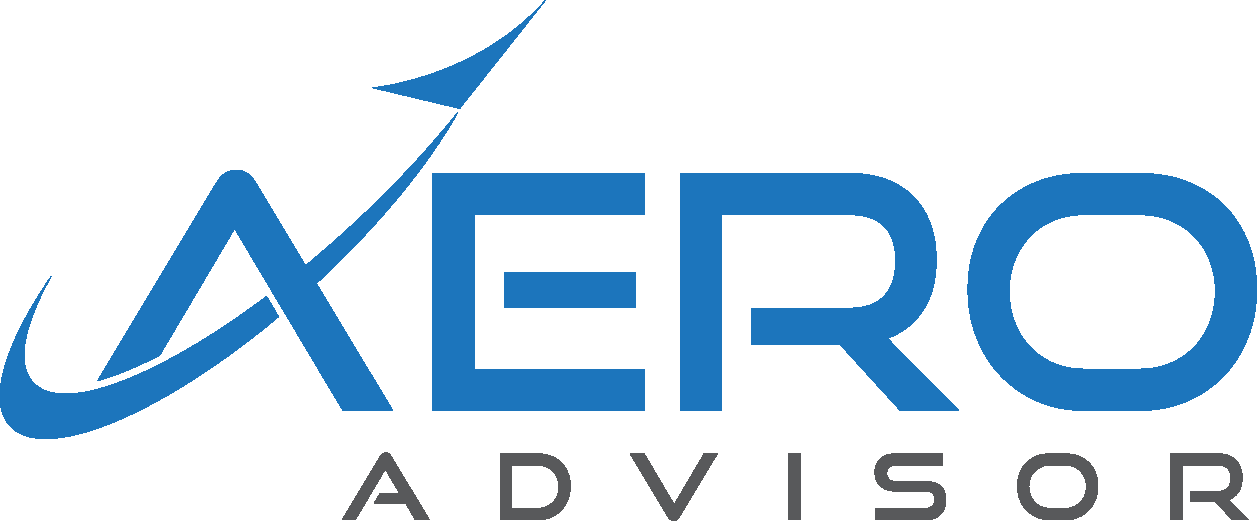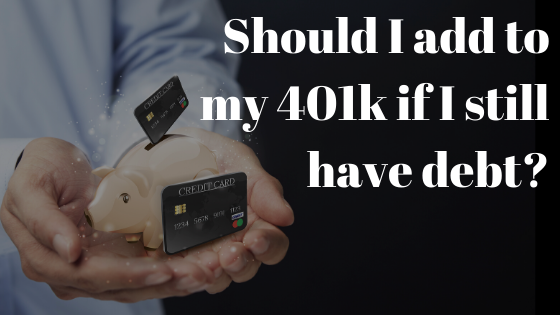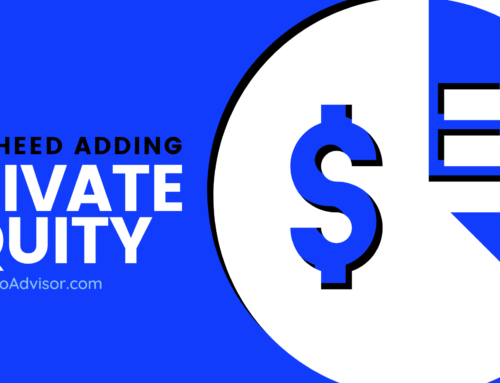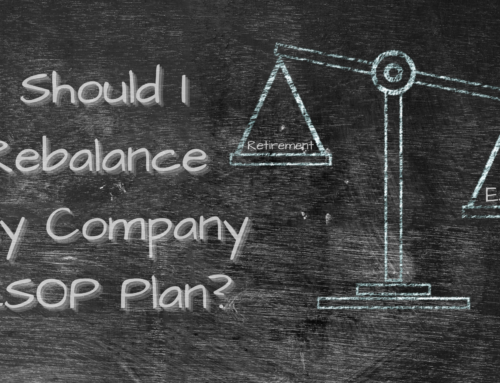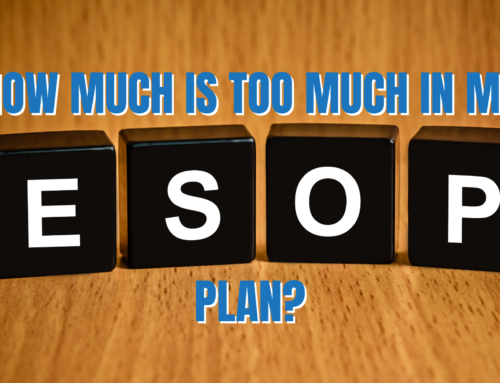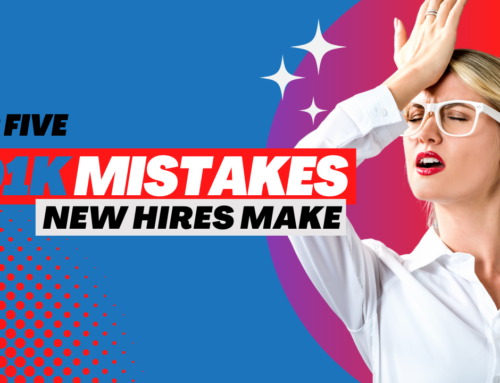Should I contribute to my Lockheed Martin 401k if I still have debt? This is a common question I run into when meeting with new clients. Debt payments can be tough to handle and you might want to take some of your income to pay it down. If you are new to Lockheed, you might be considering paying off some of those debts before contributing to your 401k.
There are a number of advantages to contributing to a 401k, including tax benefits, employee matching and the chance of your 401k investments increasing in value. If you decide to pay down your debt first, you might be missing out on some of these advantages. It’s important to weigh your options to find out which strategy might be best for you.
CLICK HERE for more info on the Lockheed matching program.
What kind of debt is it?
The first thing you should do is figure out what kind of debt you are thinking about paying off.
If you have revolving debt (credit cards, unsecured loans, etc.) Credit card debt can put a dent in a lot of financial plans. If you carry a lot of credit card debt, it might be a good idea to get it paid off before you contribute to your 401k.
Having credit card debt may not affect you when you are working, but if something happens and you lose your income, you’ll need to rely on your emergency fund and cut expenses.
Put together a plan for paying off the credit card debt. If you can pay if off within one year, it might be a good idea to delay contributing to your 401k until you get rid your credit card balances.
If your debt is a car loan Car loans are secured debts attached to your vehicle. Check out your rate on your car loan and consider refinancing if it’s too high. If you can pay off your car loan within six months or so, I might consider not contributing to your 401k until after you pay off your loan.
If your only debt is your mortgage If you have a mortgage on your primary residence, you definitely might be tempted to pay if off before contributing to your 401k. Unless you have a high interest rate (+6% or more) I would suggest holding off on paying off the house until you are maxing out your 401k.

Paying off your mortgage can be pretty tempting.
If you do have a high rate, it might be a good time to look into refinancing (if you don’t have someone to help you, I’d be glad to give you a couple of names that can help). If you are able to finance and lower your rate, you can use the extra cash to pay off your mortgage faster than you would without refinancing.
If you have a second mortgage (some use this to pay a down payment) then you might be ok paying it off since those might have a higher rate than your primary mortgage. You could also look at refinancing both your primary and your second mortgage into one loan at a lower rate.
If you have student loan debt Much like other debts, it can really depend on the interest rate on your student loan. Most of the time student loan debt can be lumped in with your mortgage and paid off after your are fully funding your retirement. That shouldn’t keep you from attacking it after you have contributed at least up to the match in your Lockheed 401k.
Related: Dave Ramsey – How to pay off your student loan debt quickly
What are the risks if I don’t contribute?
If you decide to pay off your debt first, then it’s a good idea to acknowledge the downside to your plan.
Missing out on the tax benefit Depending on what “bucket (pre tax, post tax, roth, etc)” you direct your 401k funds to, you might be paying more tax now than you might later on. Pre-tax 401k contributions are not counted as taxable income for the current year. You will have to pay taxes on money you take out of your pre-tax accounts later on in retirement.
Missing market appreciation If you choose to invest your 401k contributions into the market, you might miss out on any increase in value the additional funds would have had. If you can increase your contributions with the funds that used to go to debt to your 401k down the road, you might be able to make up for some of the lost time. Paying off the debt first can also work in your favor as well if the market has a downturn while you are paying off your debt.
Paying off debt can be a great feeling. So can getting that free company money added to your retirement plan. Make sure you decide what is more important to you and your family. Then get on a plan and stick to it.
Need help working through your options? Feel free to email me at Brian@TheAeroAdvisor.com.
Helpful Links:
What should you do with your old 401k?
Content in this material is for general information only and not intended to provide specific advice or recommendations for any individual. There is no assurance that the techniques and strategies discussed are suitable for all individuals or will yield positive outcomes.
